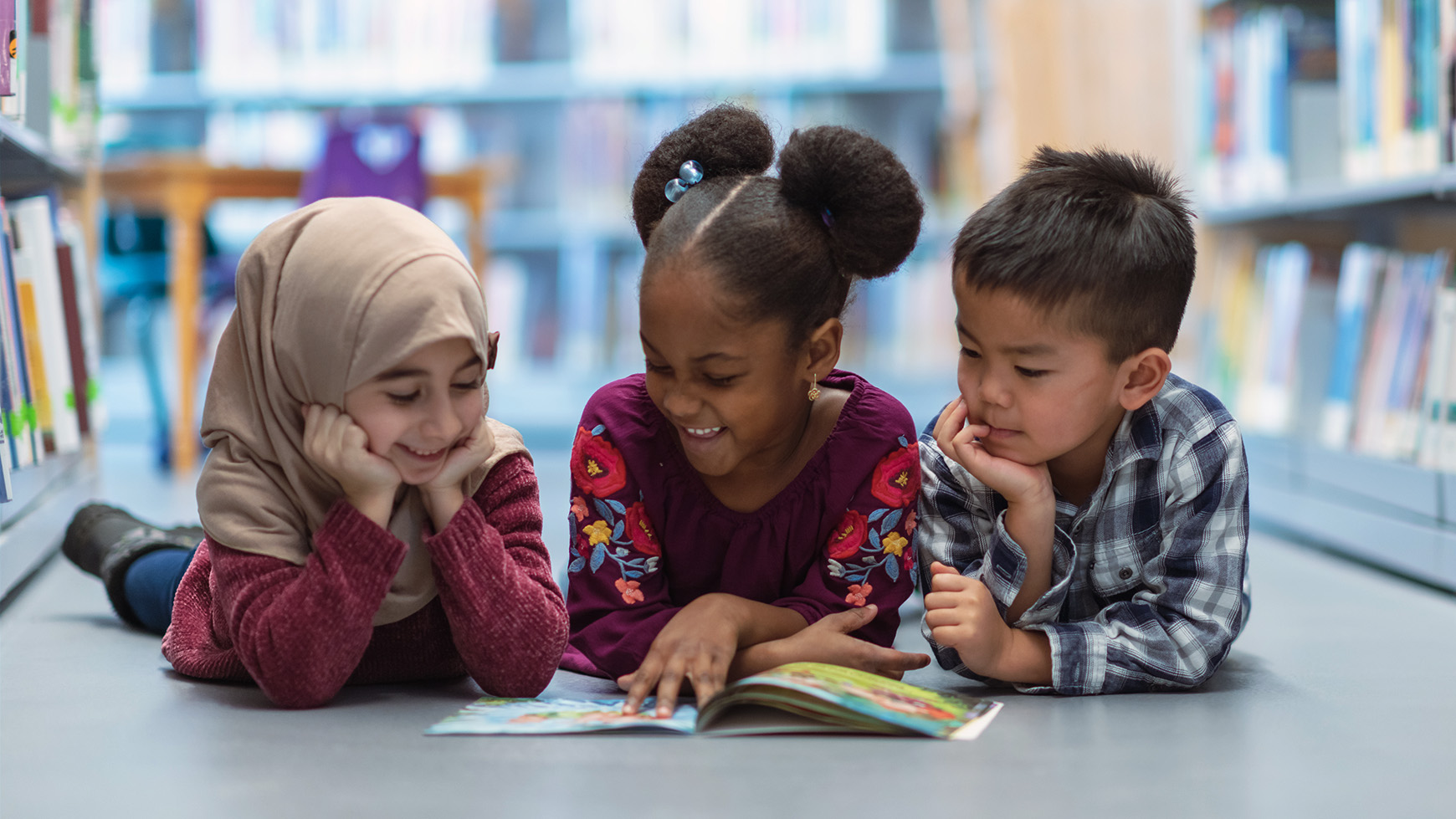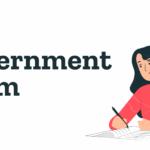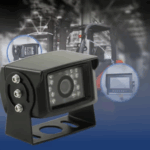
In an ever-evolving world where academic success is no longer the sole indicator of a child’s future, Sel Curriculum has emerged as a game-changer. Imagine a classroom where students not only excel in math and reading but also thrive in empathy, resilience, and interpersonal skills. Welcome to “The Essential Guide to SEL Curriculum,” your go-to resource for understanding how foundational emotional learning can transform education from the inside out! Whether you’re an educator looking to enhance your teaching toolkit or a parent eager to support your child’s growth, this guide will illuminate the path toward building emotionally intelligent communities that empower every learner. Join us as we explore practical strategies, insightful tips, and inspiring anecdotes that can help shape tomorrow’s leaders—one emotion at a time!
What is SEL Curriculum?
Sel curriculum refers to a structured approach designed to teach social-emotional skills. It encompasses lessons that promote emotional intelligence, interpersonal skills, and self-regulation.
At its core, the SEL curriculum focuses on helping students understand their emotions. By recognizing feelings in themselves and others, they can navigate social situations with greater empathy.
The Importance of SEL in Education
Social-Emotional Learning (SEL) is vital in education because it nurtures the whole child. Academics alone cannot address the range of emotions and experiences students encounter daily.
When students develop emotional skills, they gain tools to navigate relationships. Understanding their own feelings improves communication with peers and adults alike.
Additionally, SEL fosters a positive school climate. When students feel safe and valued, they are more engaged in learning. This enhances overall academic performance.
Moreover, SEL prepares young learners for real-world challenges. It equips them with resilience and adaptability—skills essential for success beyond the classroom.
Components of a Comprehensive SEL Curriculum
A comprehensive SEL curriculum encompasses several vital components that work together to foster emotional intelligence in students.
Self-awareness is foundational. It encourages individuals to recognize their emotions, strengths, and areas for growth. This introspection builds a strong sense of identity.
Next is self-management, which focuses on regulating emotions and behaviors. Students learn techniques to cope with stress and control impulses, promoting resilience.
– Self-Awareness
Self-awareness is the cornerstone of social-emotional learning. It involves recognizing one’s emotions, thoughts, and values while understanding how they influence behavior. This fundamental skill allows individuals to reflect on their feelings and motivations.
For students, developing self-awareness enhances emotional intelligence. When learners identify their strengths and weaknesses, they become more effective in managing challenges. They can articulate their feelings and needs more clearly.
– Self-Management
Self-management is a cornerstone of social-emotional learning. It empowers students to regulate their emotions, thoughts, and behaviors in various situations. This skill fosters resilience and helps them adapt to challenges.
When students learn self-management techniques, they become more adept at setting personal goals. They can track their progress and stay motivated through obstacles. This not only enhances academic performance but also builds confidence.
– Social Awareness
Social awareness is a critical component of the SEL curriculum. It involves understanding and respecting others’ perspectives, feelings, and experiences. This skill allows students to build empathy toward their peers.
Developing social awareness helps children recognize diversity in backgrounds and cultures. They learn to appreciate differences while fostering inclusivity within their communities.
– Relationship Skills
Relationship skills are vital for fostering healthy interactions. They encompass the ability to communicate effectively, listen actively, and show empathy towards others.
Building strong connections with peers, teachers, and family members creates a supportive environment where individuals can thrive. These skills enable students to navigate conflicts constructively and collaborate as a team.
– Responsible Decision Making
Responsible decision-making is a cornerstone of Social-Emotional Learning (SEL). It equips students with the ability to evaluate situations critically and make informed choices. This skill transcends the classroom, influencing how young individuals navigate life’s complexities.
Conclusion: The Future of SEL in Education
The landscape of education is shifting. As we embrace the importance of emotional intelligence, SEL is becoming a staple in school curricula across the globe. The integration of SEL not only enhances academic performance but also cultivates healthier environments where students feel valued and understood.







